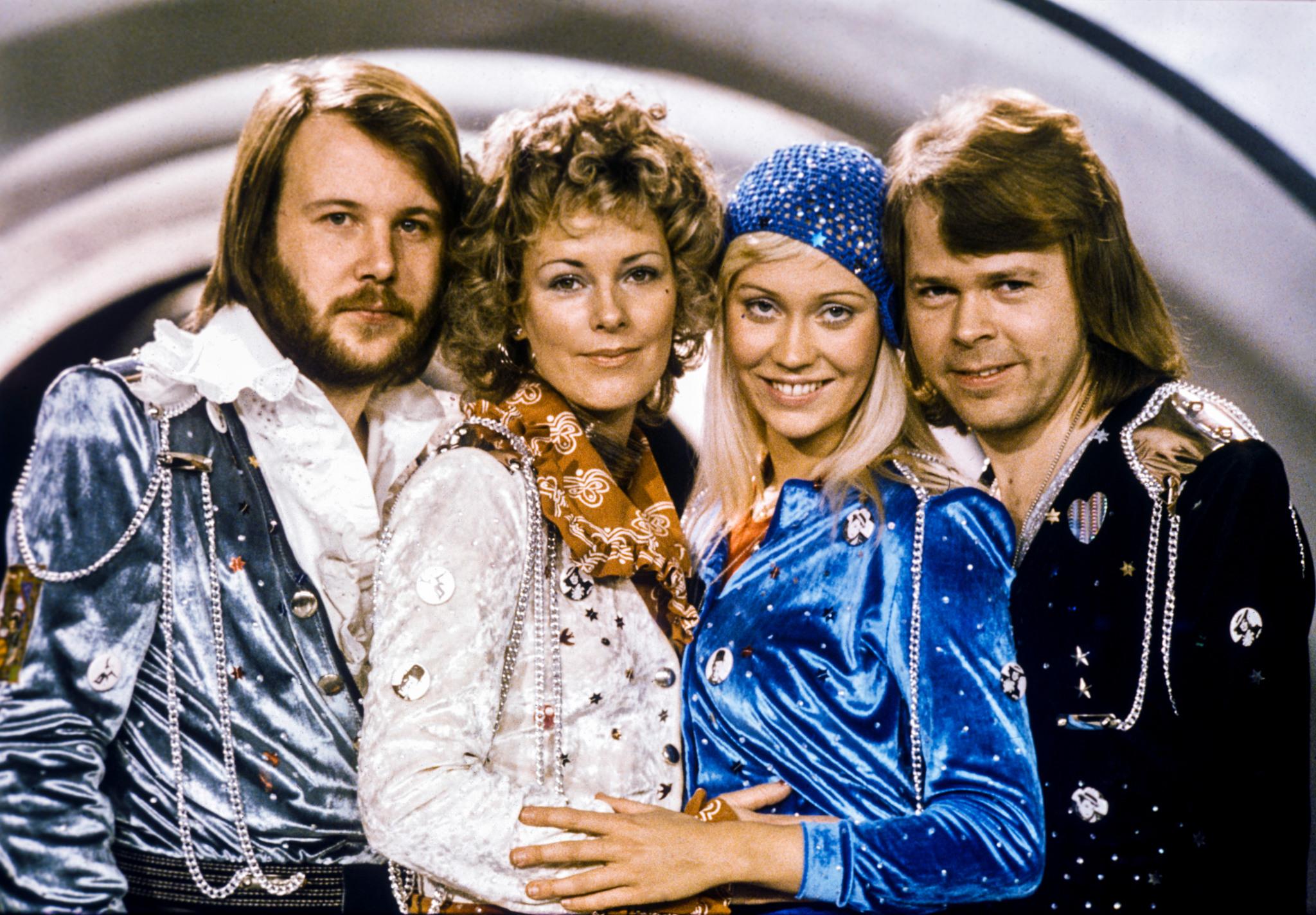Sweden and Eurovision – a love story
Sweden loves Eurovision. No shocker really, as the country has won the contest 7 times.
Sweden and Eurovision go way back. The country made its Eurovision Song Contest debut in 1958, and in 1974, supergroup ABBA kicked off their international career by winning Sweden’s first title with ‘Waterloo’.
To date, Sweden has a total of seven Eurovision wins – it’s a tie with Ireland for the most number of victories. As Eurovision is about uniting countries and people by music, we’re not going into battle mode with Ireland – in fact, we ‘promise to love you forever more’.
Loreen wins in 2023 – Eurovision in Sweden 2024
Sweden’s most recent success was in Liverpool 2023, when Loreen won Eurovision with ‘Tattoo’. This made her historic, as the first woman to win the competition twice – she also took the trophy in Baku 2012 with ‘Euphoria’.
Loreen’s win in 2023 meant that Swedish public service broadcaster SVT hosted the Eurovision Song Contest (for the seventh time!), this time in Sweden’s third largest city, Malmö.
Norwegians Marcus & Martinus to represent Sweden in 2024
Sweden has its own annual music competition, Melodifestivalen, where it's decided who will represent Sweden at the Eurovision Song Contest. The 2024 winners were Norwegian duo Marcus & Martinus.
Strange as it may seem that two Norwegians can represent neighbouring country Sweden, the rules allow it. At least one of the creators behind the song must be a Swedish citizen or resident, and in this case, several of the songwriters and composers are.
The 2024 winner?
The winner of the Eurovision Song Contest 2024 is...
When the Eurovision Song Contest first started in 1956, it was groundbreaking. A song competition broadcast live on television simultaneously in many different countries! And this at a time when TVs were still rare.
Back then, only seven countries were competing: Belgium, France, Germany (then West Germany), Italy, Luxembourg, the Netherlands and Switzerland. Apparently, Austria and Denmark missed the deadline, and the UK were busy with their own contest that year.
With time, the format has evolved. The contest is now a week-long TV show in May, with semi-finals during the week and the final on the Saturday.




